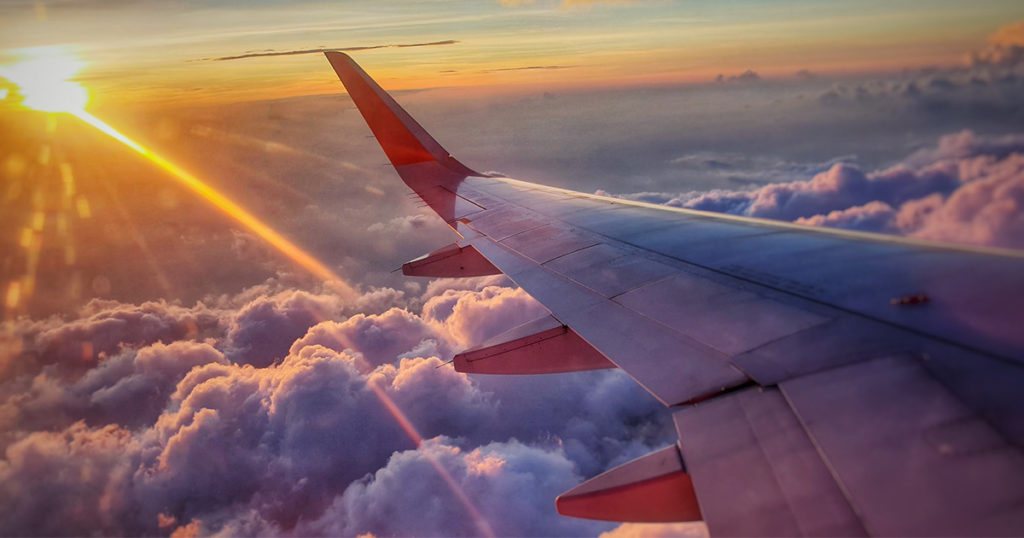Are baggage fees both ways?

One important thing to remember when flying is that airline baggage fees are charged both ways. So, if your outbound flight charges you $30 for your first standard checked bag, expect to pay another $30 for that same bag on your return flight back home (that’s $60 bucks, roundtrip).
Now, if you’re checking two standard bags that price could be as high as $120 roundtrip (sometimes more depending on the airline). If you are checking an oversized or overweight bag that could skyrocket to $100-$200, one way!
-
Weight and size matters
Before heading to the airport and checking your luggage, you might want to consider weighing and measuring your luggage. It’s not a great start to your vacation when you think you have a standard checked bag that is under 50lbs, only to find out at the check-in counter that it is actually 60lbs. The average airline baggage fee price goes from $30 to well over $100 in this scenario.
Another thing to confirm is the size of your luggage. For a standard checked bag, airlines allow up to 62 linear inches (L+W+H). Make sure to measure all sides of the suitcase to ensure you are not over, as if you are, then your bag will be considered an oversized bag and additional fees start piling onto your trip expenses (uggh, just for your baggage).
-
Baggage fees differ per airline
This should come as no surprise to anyone but each airline decides what ancillary fees they can charge their passengers. From charging for snacks, blankets, and the coveted exit row seats, to carry-on and checked baggage fees. In 2018, US airlines pocketed 5.1 billion dollars in baggage fees, alone.
As for checked baggage fees, Southwest Airlines is the only US carrier that doesn’t charge for the first and second bag on any flight (third checked bag costs $75, one way). If you’ve purchased a basic economy ticket with other airlines be prepared to pay a bit more. Delta and American Airlines charge $70 for the two checked bags on Domestic US flights. JetBlue and United Airlines charge $80 for two checked bags. Spirit leads the pack with a cool $50 to check your first bag at the airport.
-
Ways to lower steep baggage fees
There are still ways to lessen the financial blow when checking luggage at the airport. Some major airlines offer incentives to passengers to book and pay for their baggage fees ahead of time online. For example, JetBlue offers $5 off by booking your checked baggage in advance. Same with Spirit Airlines, that $50 first bag fee drops to $21-$31 by purchasing it in advance prior to arriving at the check-in counter.
No matter what airline you choose to fly with, it is important to read the fine print on the type of airline ticket you purchased (first, business, premium economy, economy plus, main cabin, or basic economy). Yeah, we know, it’s hard to keep track these days but it’s better to know the extra fees you will incur prior to arriving at the airport and getting on the flight.
-
Bypass checking bags altogether
Now, if you want to avoid lugging your bags to and from the airport all together, you can either wear all your clothes or you can ship them ahead of time. FedEx and UPS are great options to possibly save on baggage fees, but, more importantly, so you don’t have to deal with your luggage at all. You can also utilize companies like LugLess and ship your luggage for less than airline baggage fees and avoid the nightmare of checking bags and waiting around in dreaded baggage claim.
There’s no easy way to understand what each airline is going to actually charge on both legs of a trip for checked baggage without confirming with the airline you’ve chosen.
While it may be annoying to do the extra leg (or arm) work after you’ve booked a trip with an airline, it is better to know the baggage fees ahead of time (remember, both ways) so you are not left at the check-in counter taking items out of your suitcase or handing over extra money prior to takeoff.